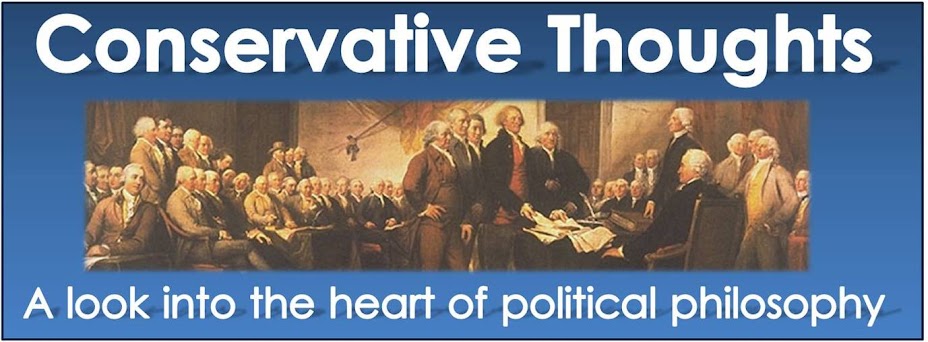I would like to mention briefly a fundamental difference I observe between liberalism and conservatism. We all like to talk about fairness and equality. We all want to make a system that is fair for everyone. I think where the two philosophies differ is the perspective and definition they use to describe economic equality.
Liberalism tends to put emphasis on equality out outcomes. For example, if Peter makes $50,000 a year and Sally makes $30,000, the obvious conclusions is that this economic situation is unfair because Peter makes more. Furthermore, the only way to make it fair would be to penalize Peter and compensate Sally until they are both making the same amount of money. The easy assumption would be to tag along the rationale that it must be unfair because Sally is a woman and has an unfair advantage.
The problem with this rationale is that it too easily makes assumptions and connections that may not necessarily be true. Are some women discriminated against? Yes, but not all are. Outcomes are easy to identify and easy to contrast. But the hard questions aren't being asked here. Did Peter invest more in his education? Does he work harder? Does he produce more? More importantly, were both Peter and Sally given the same set of opportunities and rules? If these questions aren't asked, it is easy to look at our country and view it as being so ridiculously unfair that drastic measures need to be taken. We see outcomes and we make huge assumptions because it is the easiest thing to do, but I argue that it is not the real picture.
Conservatism tends to put emphasis on the equality of opportunity. It looks more deeply into those questions and favors a system whereby everyone is held to the same standards and rules. This, of course, means that we need to ensure that everyone has access to the same opportunities (education, anti-discriminatory laws, etc..). Assuming that those opportunities are in place, then we look at outcomes as consequences of individual choice, and not as a result of a flawed economic infastructure.
You can't help someone that doesn't want to be helped. You can't force someone to be successful if they don't want to be. You can't change someone's values until they themselves want them to change. It is for this reason we will never see an equality of outcomes in our society, but that doesn't necessarily make out society unfair.
What do you think is more important? Equality of opportunity or equality of outcome?

No comments:
Post a Comment